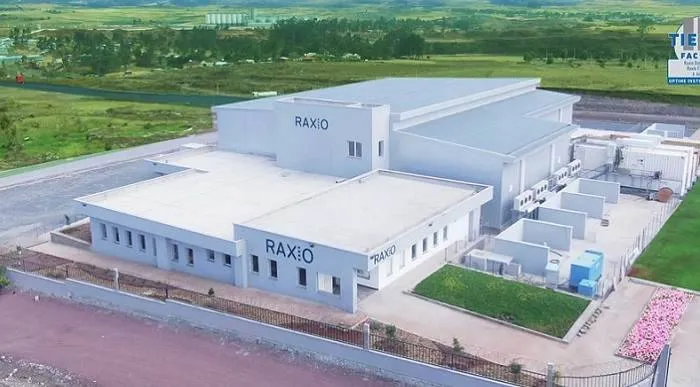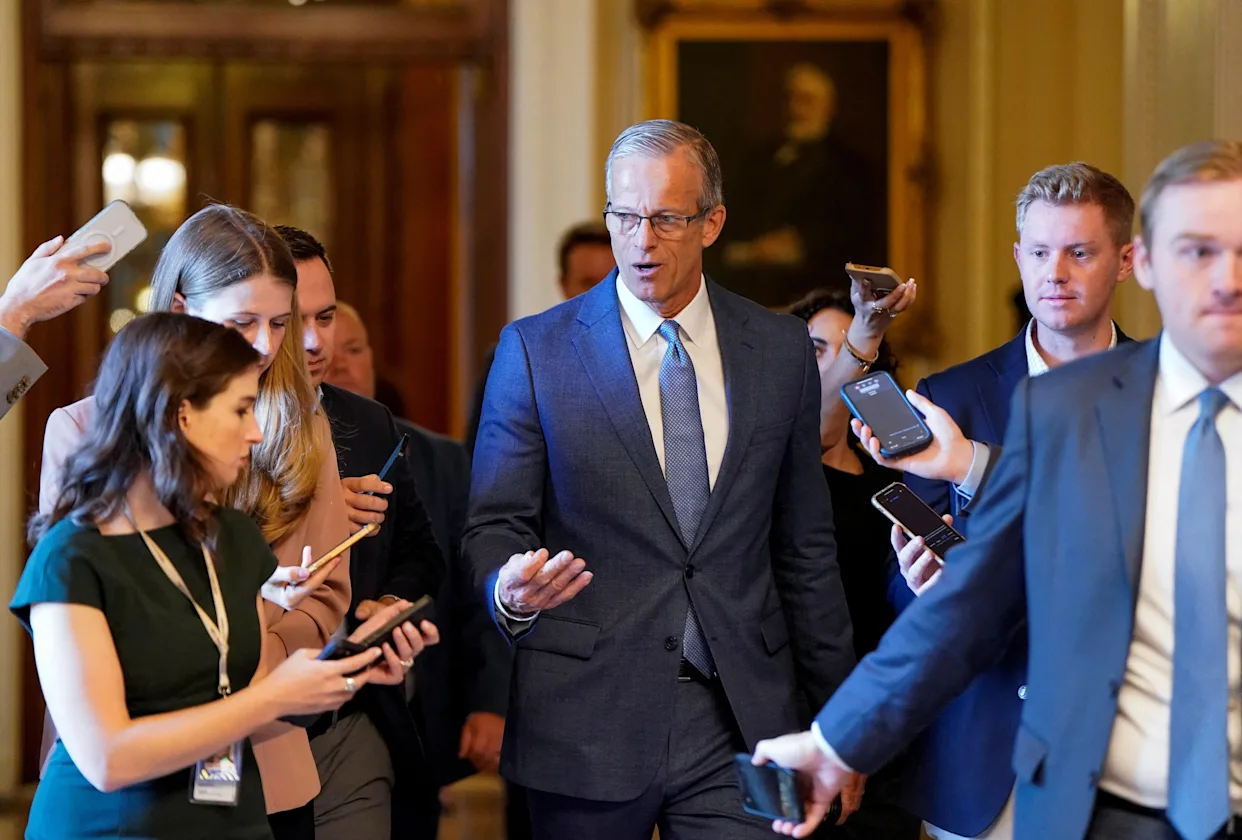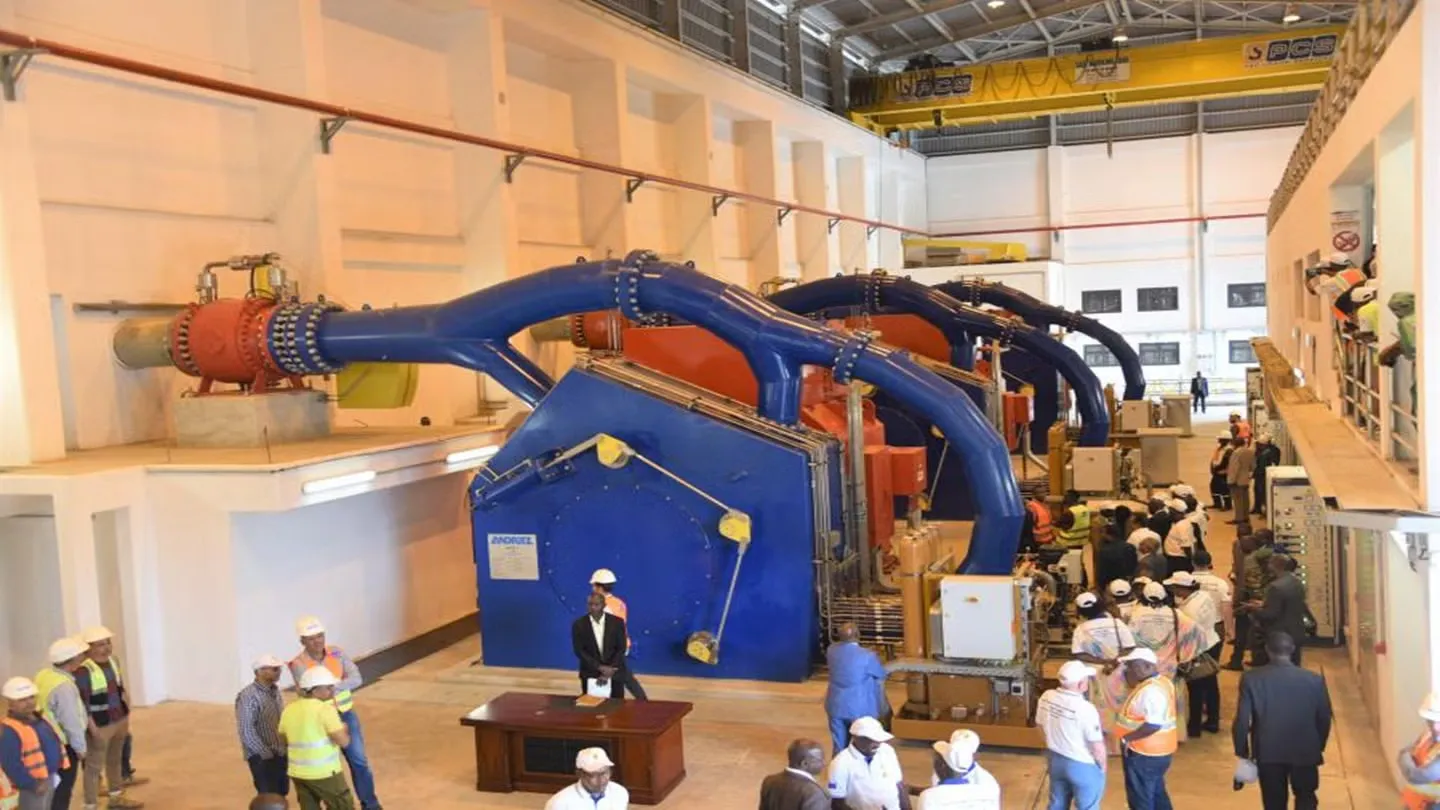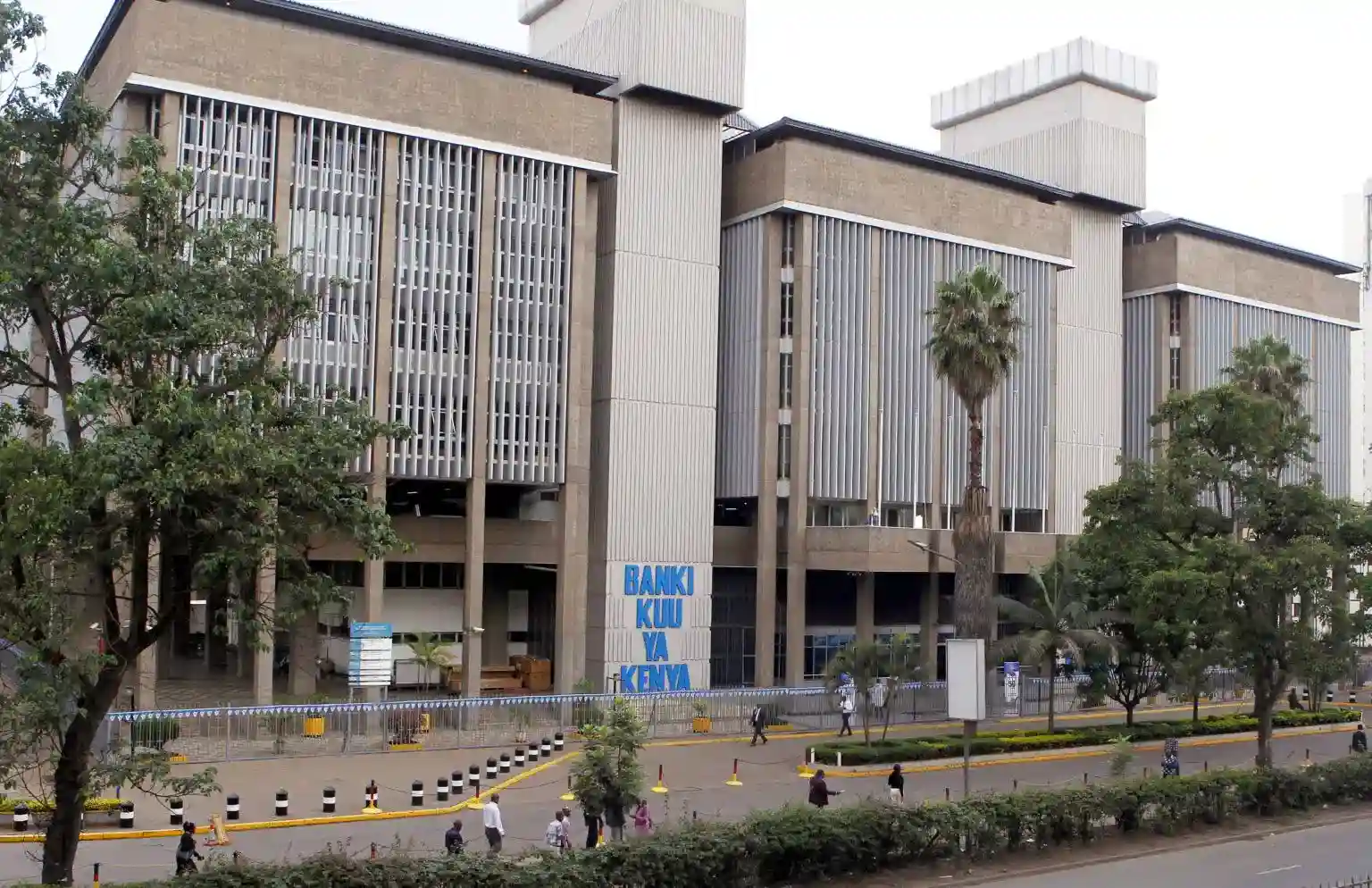The International Finance Corporation (IFC), a member of the World Bank Group, has announced a landmark commitment of $100 million in debt financing to Raxio Group, a leading data center operator in Sub-Saharan Africa. This financing package is set to double Raxio’s data center deployment across the continent over the next three years, providing a significant boost to Africa’s digital infrastructure in a market that has long been underserved.
A Strategic Investment in Africa’s Digital Future
The funding from IFC comes at a pivotal time as the digital revolution continues to reshape economies globally. Africa, with its youthful population and rapidly growing mobile internet usage, is emerging as a fertile ground for digital transformation. However, the continent has lagged behind in terms of robust digital infrastructure—a gap that Raxio Group is uniquely positioned to fill.
By doubling its data center capacity, Raxio aims to address the increasing demand for secure, reliable, and high-speed digital infrastructure in several key African markets. The company is already actively developing state-of-the-art facilities in Ethiopia, Mozambique, the Democratic Republic of Congo, the Ivory Coast, Tanzania, and Angola. With the new financing, these projects will accelerate, ensuring that businesses, governments, and communities have the digital backbone they need to thrive in an increasingly connected world.
Sarvesh Suri, IFC’s regional industry director for infrastructure and natural resources in Africa, commented on the partnership:
“Raxio’s business model shows how digital infrastructure can empower businesses, governments, and communities to thrive in the digital economy. This partnership between Raxio and IFC is set to strengthen Africa’s digital ecosystem and catalyze further investments and regional integration, building a more inclusive and sustainable future.”
Expanding Digital Capacity Across Africa
Since its inception in 2018 by the Roha Group, Raxio has rapidly emerged as a key player in Africa’s digital landscape. The company’s focus on establishing modern data centers in emerging markets is not only a response to the continent’s growing internet penetration but also a strategic move to capture a market with immense long-term potential.
Data centers are critical to the digital economy as they serve as hubs for cloud computing, data storage, and digital communications. In many African countries, digital services—from mobile banking to e-commerce—are driving rapid economic growth. However, the lack of sufficient local data centers has often meant that data had to be stored overseas, leading to latency issues, increased costs, and concerns over data sovereignty.
Raxio’s expansion plans aim to change this scenario by providing localized digital infrastructure that enhances the speed, security, and reliability of digital services. The deployment of new data centers will ensure that local businesses can access world-class technology without having to depend on foreign facilities, thereby boosting local economies and contributing to the broader goal of digital sovereignty.
The Role of IFC in Driving Inclusive Growth
IFC’s commitment to Raxio Group is part of its broader strategy to support private sector development in emerging markets. With concessional funding from the GROW facility and the IDA Private Sector Window, IFC targets investments that not only yield strong financial returns but also advance inclusive economic growth and gender equity. These funds are designed to stimulate private investment in some of the world’s most challenging and fragile markets, ensuring that even those regions historically left behind can benefit from global digital trends.
The IFC has a long history of backing transformative projects that promote sustainable development. By investing in digital infrastructure, IFC is helping to lay the groundwork for a more integrated global economy, where technology serves as a bridge between disparate regions and populations. This financing package is expected to set off a chain reaction, encouraging other investors to consider similar opportunities in Africa, ultimately leading to a more diversified and resilient economic ecosystem.
Boosting Regional Integration and Economic Diversification
Raxio Group’s expansion is not just about increasing the number of data centers—it is a catalyst for broader regional integration. In many parts of Africa, fragmented digital infrastructure has been a significant barrier to economic integration. Cross-border trade, e-governance, and shared digital services have often suffered from inconsistent connectivity and varying regulatory frameworks.
By standardizing high-quality data centers across multiple countries, Raxio is effectively creating a unified digital platform that can facilitate seamless data flows and communication between neighboring nations. This integration is crucial for the development of regional markets, allowing businesses to operate more efficiently and governments to collaborate on issues such as cybersecurity and data protection. The enhanced connectivity will also support initiatives aimed at driving innovation and fostering a competitive digital economy in Africa.
Addressing the Digital Divide
Despite Africa’s impressive growth in mobile connectivity and internet usage, a significant digital divide remains. Rural areas and less economically developed regions often lack the necessary infrastructure to support modern digital applications. This gap has hindered the ability of these communities to fully participate in the digital economy, limiting opportunities for education, healthcare, and entrepreneurial growth.
The investment in Raxio’s data centers is expected to have a transformative impact on these underserved areas. By bringing critical digital infrastructure closer to the people who need it most, the project is poised to democratize access to information and digital services. This will not only help bridge the digital divide but also empower local communities to engage more effectively in the global economy.
As Robert Skjødt, CEO of Raxio Group, explained,
“[The funding] will allow us to bring critical infrastructure to the regions that need it most and attract further investment as we continue to grow. Together with our other partners, we’re building the foundation for Africa’s digital future and setting new benchmarks for sustainability.”
Sustainability and Environmental Impact
In today’s rapidly evolving digital landscape, sustainability has become a critical consideration for infrastructure projects. Data centers are notorious for their high energy consumption and potential environmental impact. Recognizing this challenge, Raxio Group is committed to integrating sustainable practices into its expansion strategy. The company is exploring innovative cooling technologies, renewable energy sources, and energy-efficient designs to minimize the carbon footprint of its operations.
Sustainability is not just an environmental imperative—it is also a competitive advantage in the digital infrastructure market. Investors and partners are increasingly looking for companies that prioritize green initiatives, as these practices are seen as essential for long-term viability in a world where environmental regulations are tightening. Raxio’s focus on sustainability is expected to attract additional investments and partnerships, further solidifying its position as a leader in the African data center market.
Strengthening Local Economies and Job Creation
Beyond the direct benefits of improved digital infrastructure, the expansion of Raxio’s data centers is anticipated to have significant socio-economic benefits for the regions involved. Infrastructure projects of this scale often serve as engines for local economic development. The construction, operation, and maintenance of data centers require a skilled workforce, creating new job opportunities and stimulating local economies.
Moreover, enhanced digital infrastructure will enable local businesses to operate more efficiently, access new markets, and innovate in ways that were previously constrained by connectivity issues. For governments, the availability of local data centers means better control over data governance and improved public services, from healthcare to education. The multiplier effect of such infrastructure investments can be profound, driving not just technological progress but also broader socio-economic development.
The Broader Context: Global Trends in Digital Infrastructure Investment
The financing deal between IFC and Raxio Group is part of a larger global trend toward increased investment in digital infrastructure. As the world becomes ever more reliant on digital technologies, the demand for robust, secure, and scalable data centers is rising sharply. Regions that have historically been overlooked by global tech giants are now emerging as new frontiers for digital innovation and investment.
In many ways, Africa represents the next wave of digital transformation. The continent’s burgeoning population, coupled with a rapid increase in internet and mobile penetration, has created a unique market opportunity. Governments across Africa are actively seeking to modernize their digital infrastructure, and international investors are taking note. The partnership between IFC and Raxio Group is a strong signal that Africa is on the radar of major financial institutions and technology companies looking to capitalize on the digital revolution.
Learning from Past Experiences
The journey to modernize digital infrastructure in Africa has not been without its challenges. Past initiatives have often been hampered by regulatory hurdles, inadequate funding, and a lack of technical expertise. However, the current wave of investments is different. With institutions like the IFC leading the charge, there is now a greater emphasis on ensuring that projects are not only financially viable but also sustainable and inclusive.
The success of previous initiatives in regions such as Southeast Asia and Latin America provides a roadmap for Africa. Lessons learned from these markets—ranging from the importance of public-private partnerships to the need for robust regulatory frameworks—are being applied to the African context. This holistic approach is expected to yield dividends, as improved digital infrastructure can spur innovation, drive economic growth, and enhance overall quality of life.
Future Prospects and Strategic Outlook
Looking ahead, the collaboration between IFC and Raxio Group is poised to reshape the digital landscape of Africa. As the continent continues to experience rapid urbanization and economic growth, the demand for reliable digital infrastructure will only intensify. Raxio’s aggressive expansion strategy, bolstered by IFC’s substantial financing, is set to position the company as a market leader in a rapidly evolving sector.
Key strategic areas for the future include:
- Enhanced Connectivity: By building data centers in strategic locations, Raxio will improve connectivity not only within individual countries but also across borders, facilitating regional integration and economic cooperation.
- Innovation in Service Delivery: With improved digital infrastructure, businesses will be able to adopt advanced technologies such as artificial intelligence, blockchain, and the Internet of Things (IoT), driving innovation across multiple sectors.
- Resilience and Security: As cyber threats continue to evolve, robust data centers will play a critical role in ensuring data security and business continuity. Raxio’s investments in state-of-the-art technology will help safeguard critical information and build trust among users.
- Scalability for Future Growth: The design and operational strategies of Raxio’s new data centers emphasize scalability, ensuring that the infrastructure can grow in tandem with demand. This foresight will allow the company to adapt to future technological advancements and market needs.
Conclusion: A Transformative Step Forward
The IFC’s $100 million debt financing commitment to Raxio Group represents a transformative step forward in Africa’s digital journey. It is a clear demonstration of confidence in the continent’s potential to become a major player in the global digital economy. By doubling its data center deployment, Raxio is not only addressing immediate infrastructure gaps but also laying the foundation for long-term economic growth and digital empowerment.
In an era where connectivity is synonymous with opportunity, investments like these are crucial. They provide the necessary backbone for a digital future that is inclusive, sustainable, and innovative. As Africa continues to navigate the challenges and opportunities of the 21st century, initiatives such as this will play a pivotal role in shaping a future where technology serves as a catalyst for widespread economic and social development.
The collaboration between IFC and Raxio Group is more than just a financial transaction—it is a strategic partnership that promises to accelerate Africa’s digital transformation. It brings together the expertise and resources of global financial institutions with the on-the-ground knowledge of local operators, creating a synergy that is set to unlock new avenues for growth and innovation. As the project unfolds over the coming years, its impact will likely be felt far beyond the data centers themselves, influencing everything from government policy to everyday business operations across the continent.
For local communities, this means improved access to digital services, enhanced economic opportunities, and the empowerment that comes with being part of the global digital economy. For investors, it represents a well-timed entry into a market with tremendous growth potential. And for policymakers, it underscores the critical importance of supporting infrastructure investments that not only drive economic growth but also promote social equity and sustainable development.
In summary, the IFC’s financing for Raxio Group is a landmark deal that signals a bright future for Africa’s digital ecosystem. It is an investment in technology, connectivity, and most importantly, people—ensuring that as the world moves further into the digital age, Africa will not be left behind but will emerge as a key player on the global stage.
Ready to take your career to the next level? Join our dynamic courses: ACCA, HESI A2, ATI TEAS 7 , HESI EXIT , NCLEX – RN and NCLEX – PN, Financial Literacy!🌟 Dive into a world of opportunities and empower yourself for success. Explore more at Serrari Ed and start your exciting journey today! ✨
photo source: Google
By: Montel Kamau
Serrari Financial Analyst
4th April, 2025
Article, Financial and News Disclaimer
The Value of a Financial Advisor
While this article offers valuable insights, it is essential to recognize that personal finance can be highly complex and unique to each individual. A financial advisor provides professional expertise and personalized guidance to help you make well-informed decisions tailored to your specific circumstances and goals.
Beyond offering knowledge, a financial advisor serves as a trusted partner to help you stay disciplined, avoid common pitfalls, and remain focused on your long-term objectives. Their perspective and experience can complement your own efforts, enhancing your financial well-being and ensuring a more confident approach to managing your finances.
Disclaimer: This article is for informational purposes only and does not constitute financial advice. Readers are encouraged to consult a licensed financial advisor to obtain guidance specific to their financial situation.
Article and News Disclaimer
The information provided on www.serrarigroup.com is for general informational purposes only. While we strive to keep the information up to date and accurate, we make no representations or warranties of any kind, express or implied, about the completeness, accuracy, reliability, suitability, or availability with respect to the website or the information, products, services, or related graphics contained on the website for any purpose. Any reliance you place on such information is therefore strictly at your own risk.
www.serrarigroup.com is not responsible for any errors or omissions, or for the results obtained from the use of this information. All information on the website is provided on an as-is basis, with no guarantee of completeness, accuracy, timeliness, or of the results obtained from the use of this information, and without warranty of any kind, express or implied, including but not limited to warranties of performance, merchantability, and fitness for a particular purpose.
In no event will www.serrarigroup.com be liable to you or anyone else for any decision made or action taken in reliance on the information provided on the website or for any consequential, special, or similar damages, even if advised of the possibility of such damages.
The articles, news, and information presented on www.serrarigroup.com reflect the opinions of the respective authors and contributors and do not necessarily represent the views of the website or its management. Any views or opinions expressed are solely those of the individual authors and do not represent the website's views or opinions as a whole.
The content on www.serrarigroup.com may include links to external websites, which are provided for convenience and informational purposes only. We have no control over the nature, content, and availability of those sites. The inclusion of any links does not necessarily imply a recommendation or endorsement of the views expressed within them.
Every effort is made to keep the website up and running smoothly. However, www.serrarigroup.com takes no responsibility for, and will not be liable for, the website being temporarily unavailable due to technical issues beyond our control.
Please note that laws, regulations, and information can change rapidly, and we advise you to conduct further research and seek professional advice when necessary.
By using www.serrarigroup.com, you agree to this disclaimer and its terms. If you do not agree with this disclaimer, please do not use the website.
www.serrarigroup.com, reserves the right to update, modify, or remove any part of this disclaimer without prior notice. It is your responsibility to review this disclaimer periodically for changes.
Serrari Group 2025





